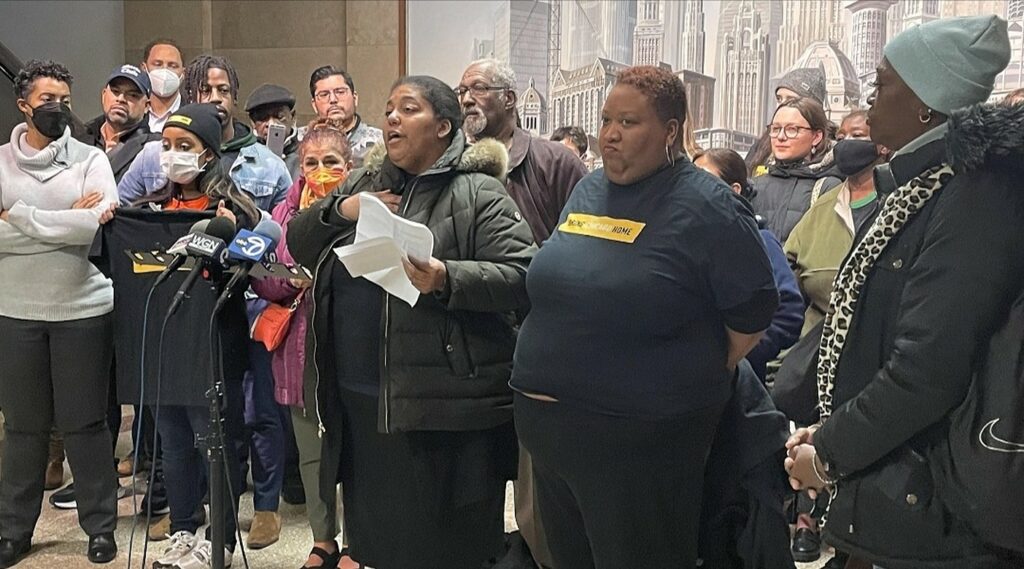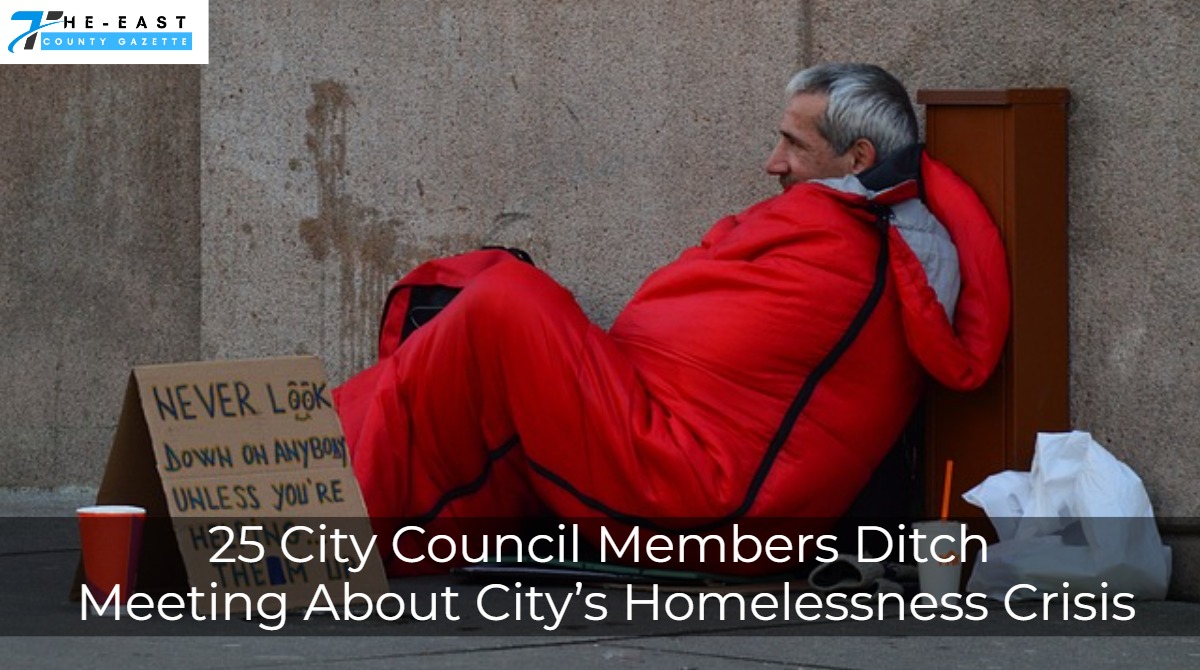A resolution to fight homelessness in Chicago will not be put to a vote since just half of the city’s alderpeople showed up to a special meeting on the issue on Monday.
The Bring Chicago Home ordinance, which was introduced in 2018, proposes raising the city’s property transfer taxes on sales of properties worth $1 million or more to pay for services for the city’s homeless population, including permanent and temporary affordable housing. The Chicago Coalition for the Homeless created it.

A handful of aldermen who supported the law called a special meeting on Monday to advance the measure, but they were unsuccessful.
With only 14 members present, City Council was not a quorum, and the scheduled 9 a.m. meeting was canceled. The motion to adjourn the meeting was quickly made by Mayor Lori Lightfoot.
A two-and-a-half-hour attempt to hold the meeting, driven by Alds. The ordinance’s supporters Carlos Ramirez-Rosa (35th) and Maria Hadden (49th) failed as well. Lightfoot was absent from the meeting, which had 25 alderpeople in attendance but fell just short of quorum by one.
The law won’t be on the ballot when Chicagoans cast their votes for the mayor and alderpeople on February 28 as a result of the canceled meeting. By increasing the city’s transfer tax from 0.75 percent to 2.65 percent for the most expensive real estate deals, supporters of the bill claim that 12,000 households might be housed within ten years.
After having trouble garnering support from state lawmakers and securing federal pandemic funds to address the problem, Lightfoot, who had earlier backed a transfer tax increase and even fought for the concept at the state level in 2020, has since changed his mind.

Lightfoot’s Chicago Recovery Plan allocated $116 million for services to help the homeless, but the mayor only spent $18.7 million on them in 2017.
Proponents of the law hoped to garner enough support at the special City Council meeting to have a referendum on the ballot for the February municipal election. The city may then enact an ordinance raising the transfer tax if voters gave their consent.
Supporters of the ordinance claimed that the adjourned meeting is a major setback for the law, which aims to assist the city’s most at-risk citizens at a time when the homelessness crisis is intensifying.

